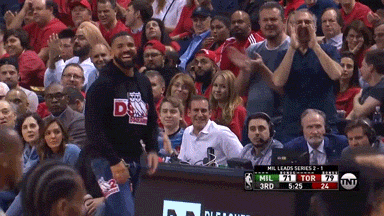Whenever a general manager is hired, a figurative collar is attached to his neck and a length of rope is strung out behind him.
Eventually, the slack in that rope gets used up — by losses and bad contracts and missed deals and the simple passage of time. Then the collar begins to tighten.
For the first time in his nearly 2 ½ years as GM of the Blue Jays, Alex Anthopoulos has begun to feel the tugging.
Anthopoulos arrived with an unusual amount of rope to spare, some of it due to the ill-tempered flame-out of his predecessor and most of it to do with a sharp contrast in personal style from one man to the next. Anthopoulos was unusually humble and affable and local and has always treated his tenure as an opportunity for group discussion, rather than a series of thunderbolts from above.
He also has shown himself remarkably clever. A GM is not judged in the main by the performance of his franchise. He’s judged by the quality of his deals, most especially if he is perceived to have gotten one over on his contemporaries. That’s a ‘win’ for a GM.
Seen in close-up, unloading Vernon Wells and his titanically ill-advised long-term contract meant very little to the average fan. He wasn’t being paid with their money. But it set the template for Anthopoulos as a negotiator capable of getting other GMs to happily accept his refuse. Fans ate that right up.
Guided by the experienced political hand of Paul Beeston, Anthopoulos sold fans on the idea of a measured rise. Unlike his predecessor, he managed to convince them that radical change — even if it worked in the short term — was a bad idea. He turned patience, always one of the vices of sports, into his club’s primary virtue.
The expectation grew that Anthopoulos could think his way to playoff baseball. There are practical limits to that sort of team building. Anthopoulos has begun butting up against them this off-season.
If things begin going sideways — and they certainly haven’t yet — we will trace the first moments of unease to the winter meetings in Dallas. That was where he first referred to the ominous spectre of “payroll parameters,” subsequently amended to payroll “boundaries.” Whatever that actually means, it translates in the booster’s ear to, ‘We don’t have a whole lot of money to spend.’
http://www.thestar.com/sports/article/1 ... ience?bn=1






















